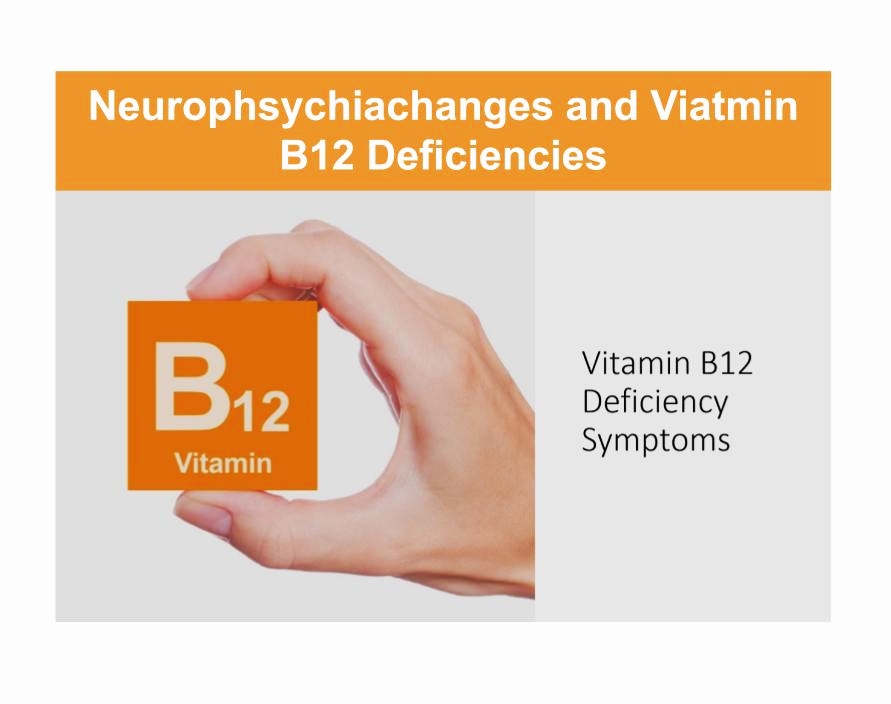
Vitamin b12 and folate are both water- soluble B vitamins required for formation of important cells in our bodies to include red blood cells, white blood cells, and platelets. Vitamin b12, also known as cobalamin, is present mainly in foods derived by animal products. However, supplemental forms are available to treat and prevent deficiency.
Folate, also called Vitamin B9 or folic acid, works closely with vitamin b12 to help make red blood cells and maintain iron function. Both b vitamins also aid in controlling blood levels of amino acids – and support the brain and nervous system.
Vitamin b12 deficiency may be caused by dietary restrictions – leading to decreased intake of vitamin b12, decreased absorption of vitamin b12 due to gastrectomy or bariatric surgery, autoimmune disorders, medications that interfere with absorption or rare genetic disorders.
Typical presentations of vitamin b12 are classic findings associated with anemia. Although various neurologic abnormalities may be present as well. Neuropsychiatric manifestations may present as symmetric numbness and tingling in (arms legs, hands, and feet), progressive muscle weakness, irritability/depression, cognitive slowing, peripheral sensory deficits, restless leg syndrome, headaches etc. Neuropsychiatric symptoms can be present in the absence of anemia.
Serum vitamin b12 and folate levels are used to determine deficiencies. In addition, a complete blood count, iron levels, homocysteine and methylmalonic acid intermediates can be tested.
Vitamin replacement may be indicated orally, via intramuscular injections and/or with monthly IV vitamin b complex infusions.
The Manhattan Center for Headache and Neurology offers all treatment options. Call and speak to one of our exceptional providers for evaluation.
By: Jordan Shankle, PA
